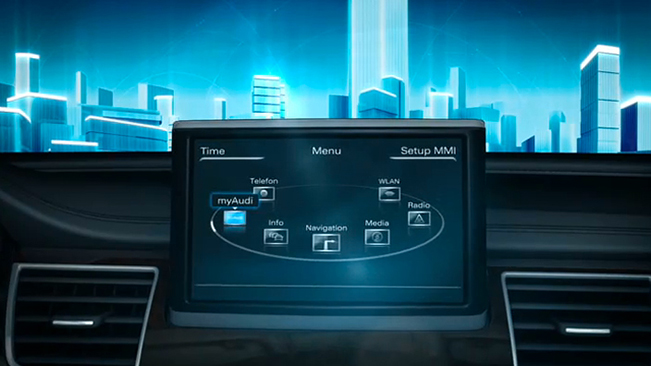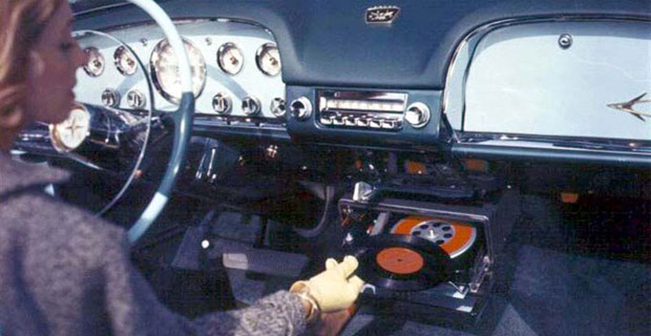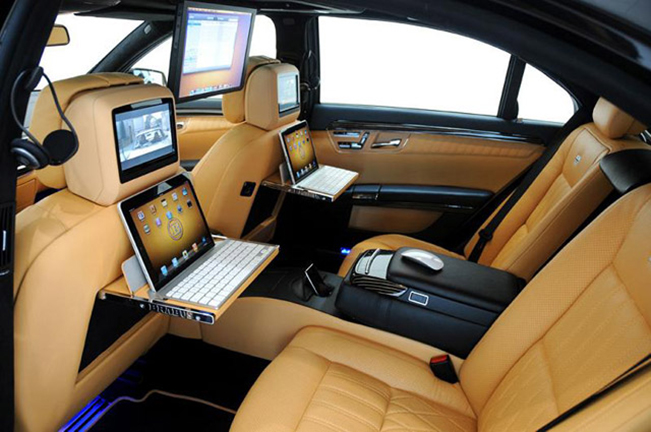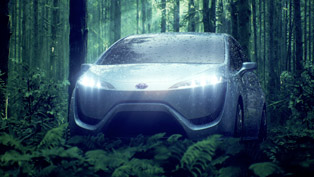No Car Without Entertainment

For much of the history of the automobile, in-car entertainment has involved sticking your head out of the window like a dog. Sure, we had radios in the past, but they were usually either broken or stolen. Up until 2010, Lexus were still putting tape players in their cars, and while CD's have had a good run, they're pretty much done now. Thankfully the short-lived in-car vinyl record player is unlikely to make a comeback, despite the rebirth of the home format amongst audiophiles.

In-car entertainment, 1965
Superfast Connections
We're moving away from the need to decide on a medium for listening to – or watching – stuff while you're on the road. Cars including the latest Audi A3 are starting to hit the market equipped with superfast 4G connections, meaning that with a high-definition screen and some decent speakers, they're future-proof (at least until 4G becomes pathetically slow.)
Having a car with a fast internet connection means you and your passengers can enjoy whatever entertainment you like. Add a WLAN hotspot, and you can all be doing (or enjoying, or working on) something different. Now, the driver can listen to traffic reports while one passenger is on a video conference on their iPad, another is playing online casino games on their smartphone, and a third is watching live TV on a laptop.
Collaborations & Competition

As leading players in both the automobile and electronics markets, you'd expect Korean companies to be heavily involved in this transition. Samsung are investing time and money in developing screens for in-car display, as are TV giants LG, who are working with Audi and Mercedes amongst others. Both firms are also involved in the development of battery technology, which may also result in a mass-market electric car that satisfies consumers' demand for longer ranges.
The collaboration between car manufacturers and tech firms is likely to get closer as the demand for top-quality in-car entertainment, based on superfast connectivity, increases. With Google and Apple both thought to be developing cars of their own, it's a real possibility that car firms will be left behind in the race to get high-tech in-car systems to market. That almost certainly means that the car manufacturers are going to have to work with the tech firms if they're going to stay relevant.

Possible iCar design?
Staying Relevant
This kind of collaboration really began to kick off, in terms of in-car entertainment, when the car firms admitted that people wanted to listen to their iPods on the road. They began to fit auxiliary inputs rather than making people rely on bodged solutions like FM transmitters for MP3 players (which rarely worked well), and tape-deck iPod adapters (which were surprisingly good.) Now that smartphones have begun to replace iPods, a whole new world of internet-based in-car entertainment is on the horizon. It's up to the car companies to stay ahead of the curve.







